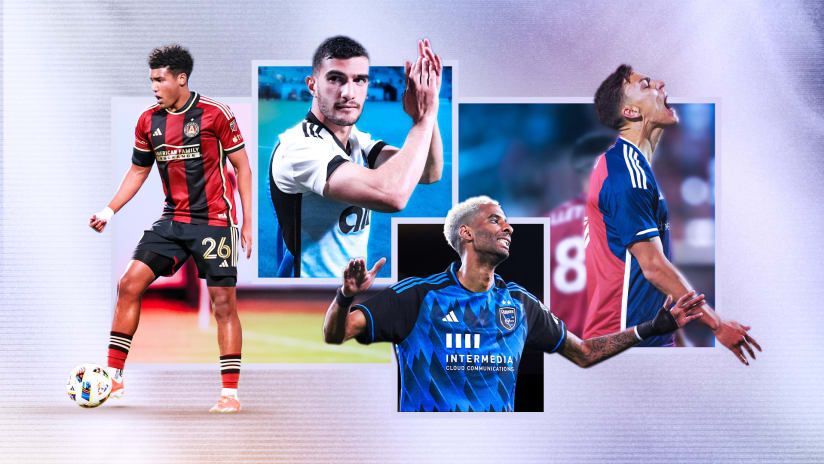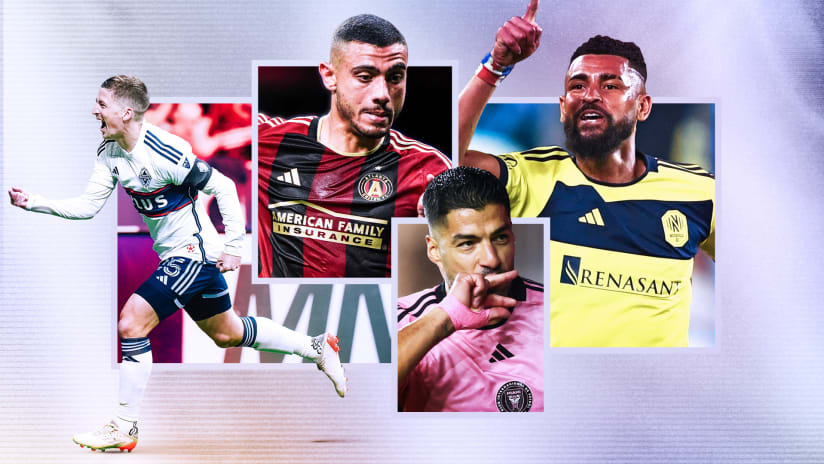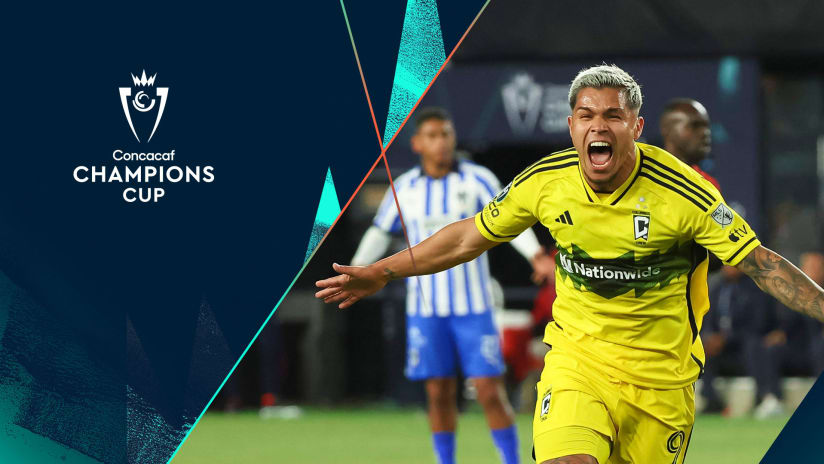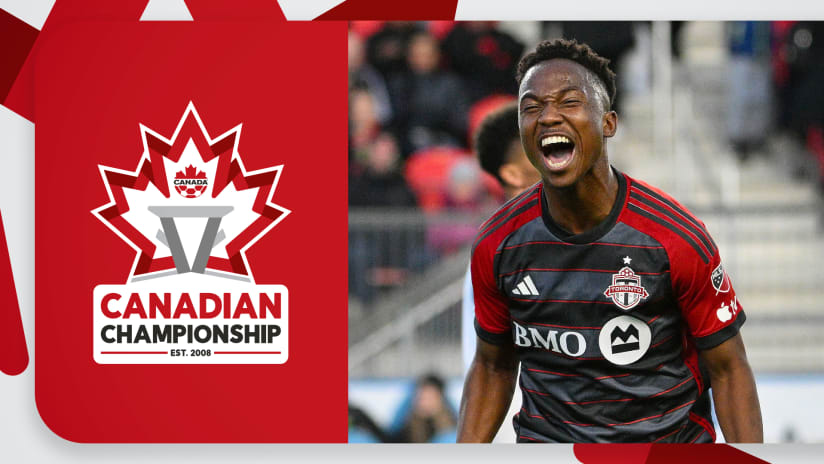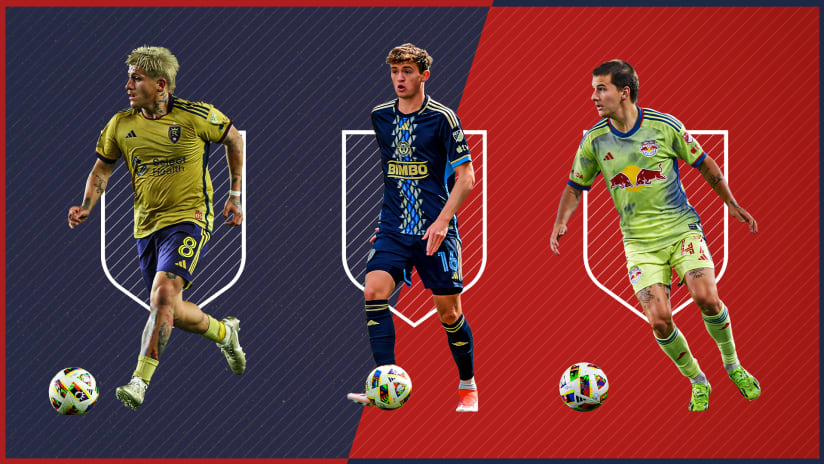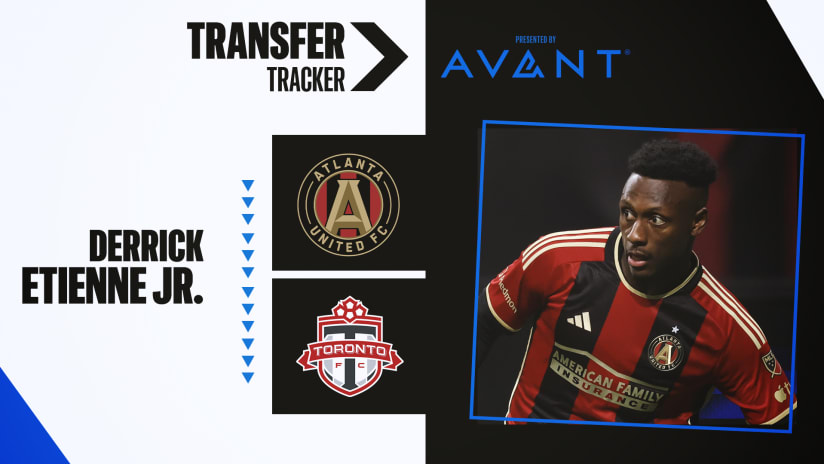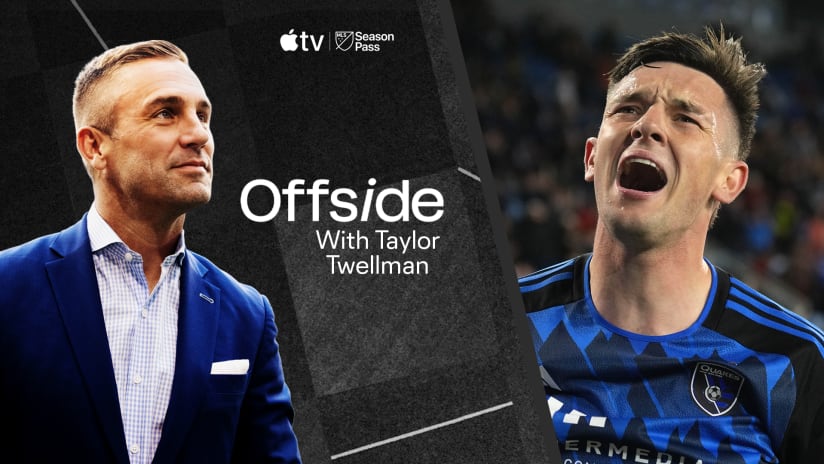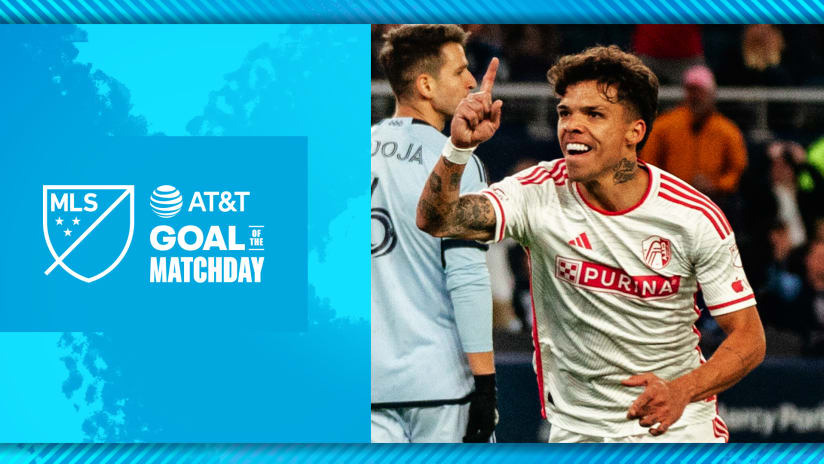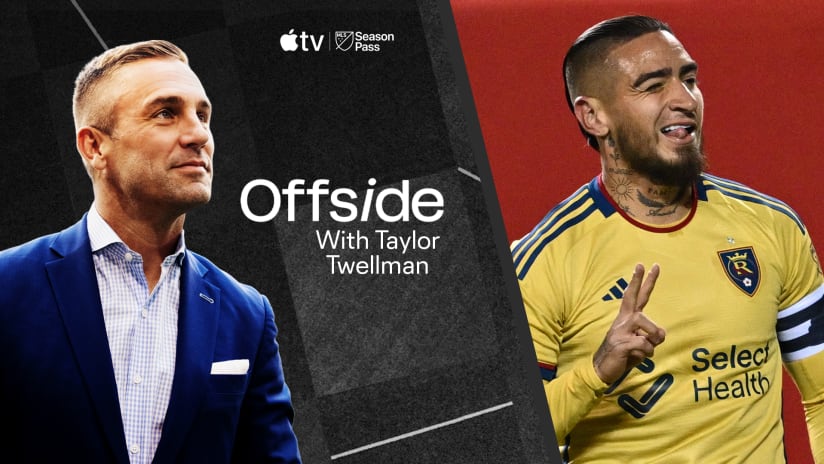When the Montreal Impact face off against Toronto FC this Saturday as part of Heineken Rivalry Week, the Quebecois team already boasts one up on their opponents: with the addition of Didier Drogba, they’re the only team in the match-up with a player who’s spawned a viral dance craze.
It’s been nine years, so it’s okay if you’ve forgotten the brief, but white-hot sensation of "Drogbacité,” a cultural movement embodied by the 2006 song and accompanying dance of the same name, by Ivorian artist Shanaka Yakuza. Over syncopated percussion and gently driving synthesizer, a buff and often shirtless Yakusa shuffles his feet and undulates his hips and arms, inviting "tout le monde" to join him. The mood is ebullient, the song structure built on a party-ready call-and-response.
The moves themselves? Reportedly, nominally based on Drogba’s well-documented love of dance. Drogba’s then-ascendant superstardom – with both Chelsea and the Ivory Coast national team – dovetailed perfectly with the rise of coupé-décalé, a dance and musical style popular with Ivorians across the diaspora, particularly around Paris.
The sound and dance fused Ivorian and other African traditional styles, along with pop and a touch of rock. By the time Drogbacité appeared, coupé-décalé boasted a particularly strong soccer-influenced thematic bent. Kolo Touré got his own dance, ("Kolocité"); other artists went by names like DJ Zidane.
“Drogbacité” proved, by most accounts, to be Shanaka Yakuza’s only major hit, but one popular enough to spawn close cousins. Many of them came together on compilations like this one, also called Drogbacité, featuring a song by the act the Dream Team just called “Drogba.” (Here’s Teju Cole writing on the compilation back in 2007.)
Not on that compilation, but also part of the Drogbacité mini boom? Yet another song called “Drogba,” this time by DJ Arafat, anointed by his fans as “The King of Coupé-Décalé.” This cut explicitly celebrates the footballer’s accomplishments on the pitch. (Arafat would long maintain his obsession with Les Éléphants in song; releasing what was essentially a Yaya Touré dis track in 2014.)
Like all dance crazes, naturally, Drogbacité eventually waned – but not before the man himself acknowledged and elebrated the movement in this 2006 interview with the Guardian. “There is a special relationship,” Drogba told journalist Brian Oliver, “between football and music.”
Amen to that. And perhaps Drogba might need some extra pump-up tunes after his MLS debut, in which the Impact fell, scoreless, to the Philadelphia Union. But whatever happens versus Toronto, we’ll always have this.


